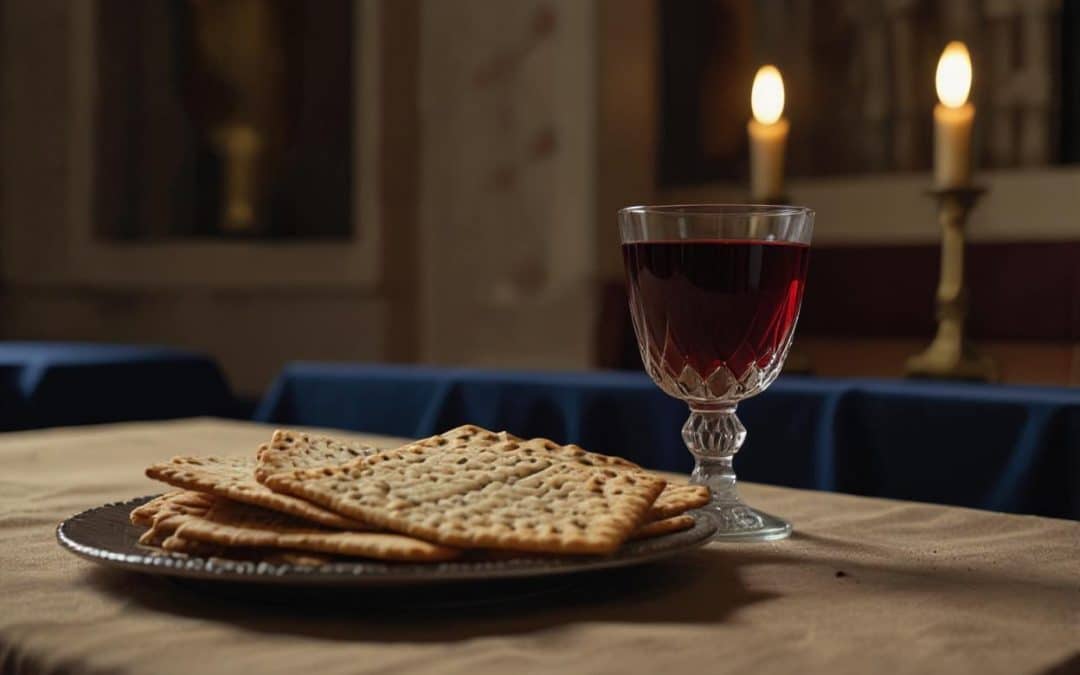This article (fully listed on A Puritan’s Mind) outlines the Christian practice of fencing the Lord’s Supper. It is not about exclusion, but about preserving holiness and integrity. Drawing from 1 Corinthians 11, the early church’s abuses of communion—marked by divisions, selfishness, and drunkenness—provoked apostolic rebuke. Paul’s instructions in 1 Corinthians 11:28–29 call for solemn self-examination and warn that unworthy participation brings “judgment… weakness… death.” Historically, the practice was unambiguous: lawfully ordained ministers and elders were tasked with fencing the table through pastoral visitation, home interviews, and verifying the sincerity of communicants. Church membership and pastoral oversight were essential—communion is a covenant meal, not a general invitation.
Reformers like Calvin codified this standard. In Geneva, strangers (those outside “the company of the faithful”) were barred from the Table. Calvin declared that admitting the unworthy was sacrilege, even when pressured by civil authorities. This practice has resonated through Christian history, beginning with the New Testament church: preaching, recordkeeping, and confessional standards all reinforced that those admitted to the Supper must be baptized, members of the local church, and subject to pastoral examination.
The article affirms that fencing the table is not a relic—it is biblical, confessional, and pastoral. It safeguards the covenant meal, honors Christ, and protects the congregation. Communion is not a casual entitlement, but a sacred privilege, approached with sobriety, faith, and accountability.
The historic Christian position is affirmed in the Church Order of the Synod of Dort (1619):
Article 61 – Only those shall be admitted to the Lord’s Supper who, according to the usage of the churches which they join, have made confession of the Reformed religion, together with having testimony of a godly walk, without which also those who come from other churches shall not be admitted.


